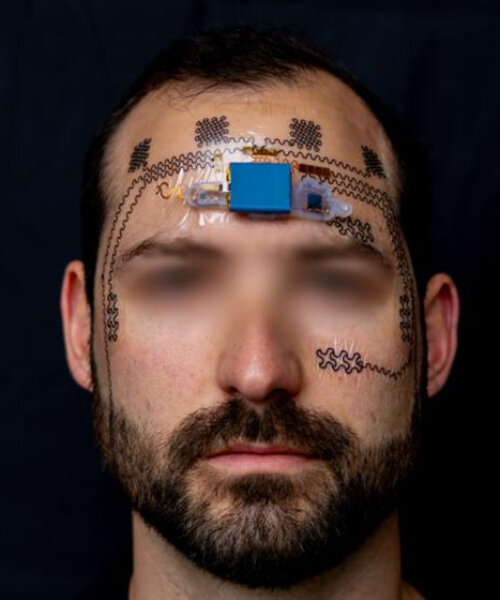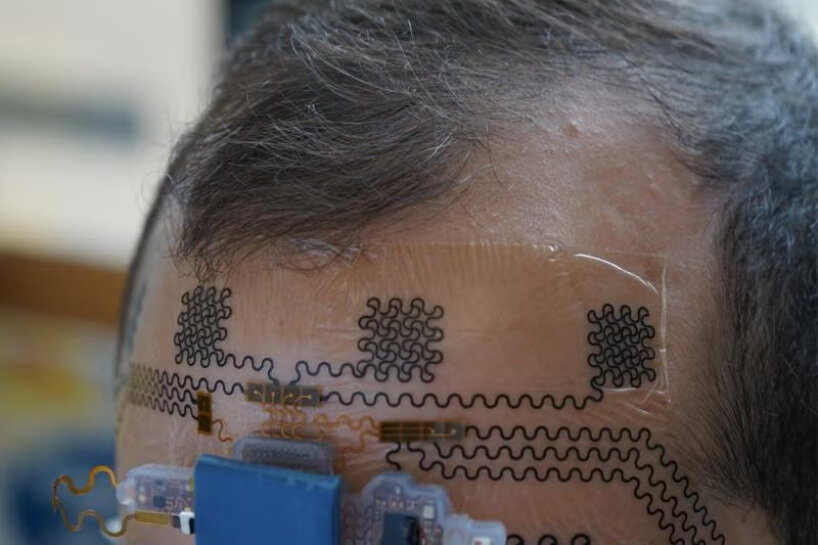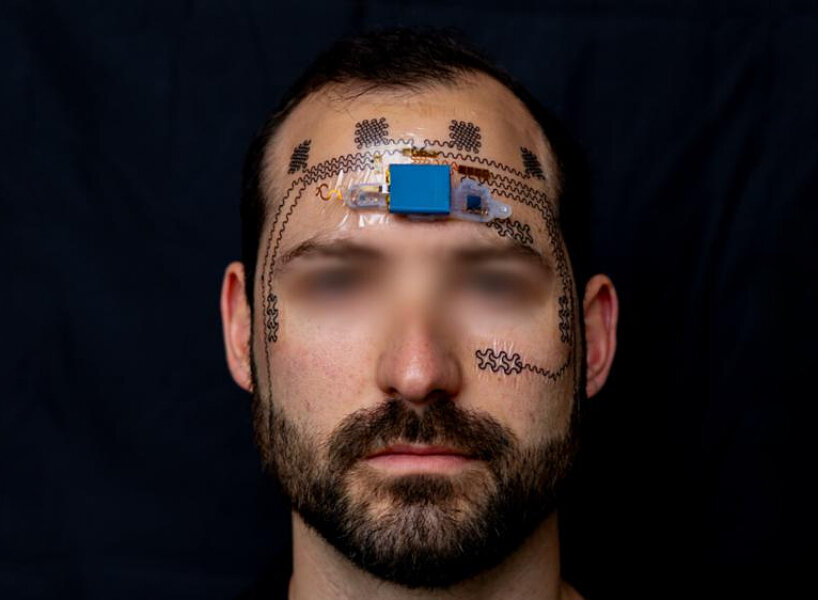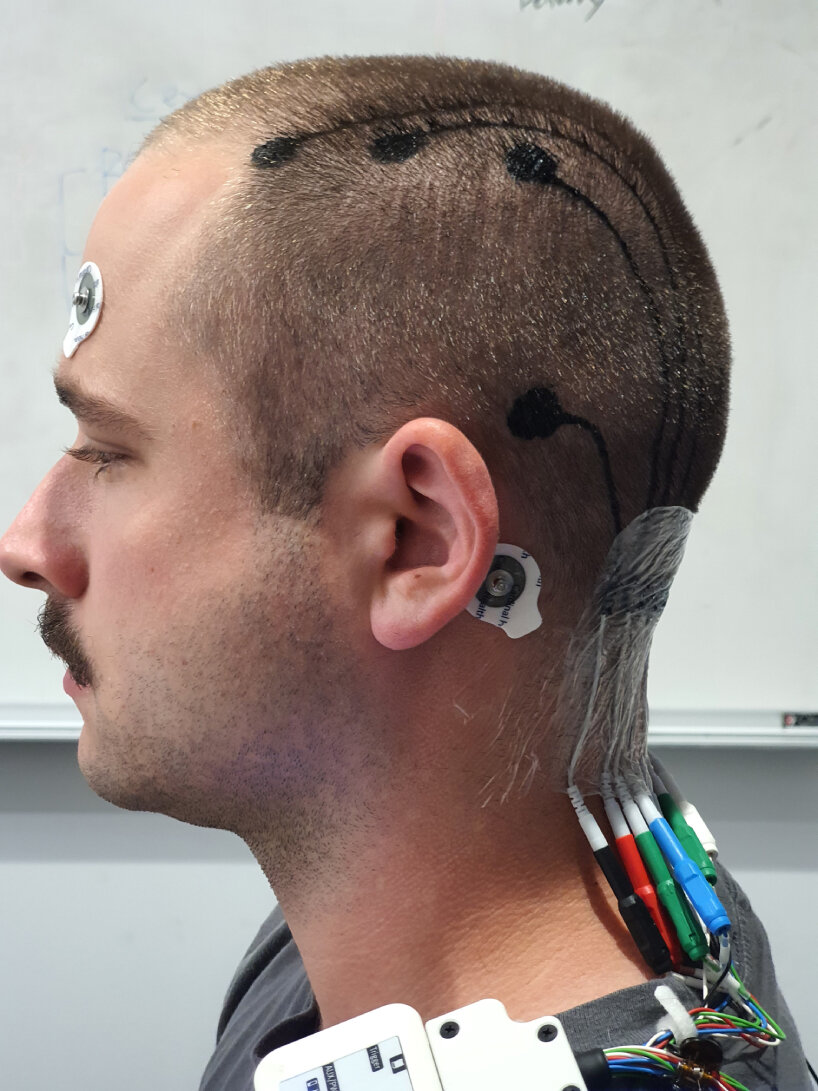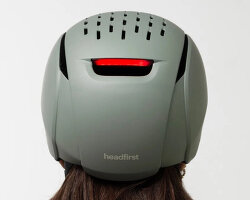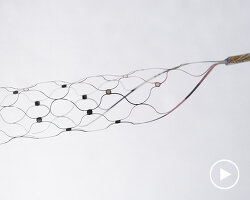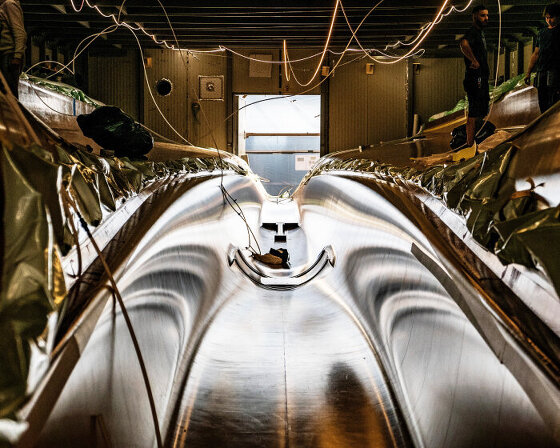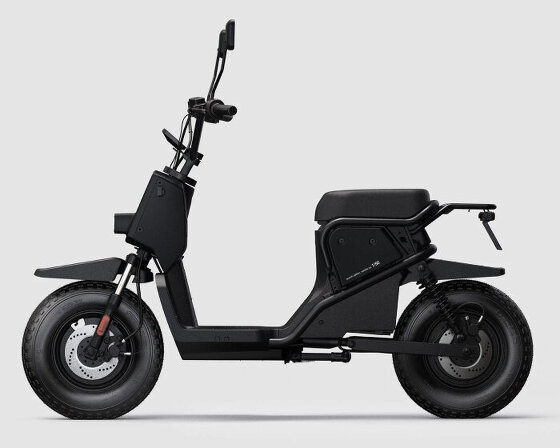KEEP UP WITH OUR DAILY AND WEEKLY NEWSLETTERS
happening now! SICIS brings the intricate art of mosaic and innovative materials to interior design, harmonizing every element — from furniture to surfaces — for complete environments.
being built now in italy, the car manufacturer expects to launch its entry to the sailing industry in 2026.
connections: +430
handcrafted by andrea marazzi of the channel tutti pazzi per marazzi, the vehicle is only 50 centimeters wide and retains the original parts of the 1993 model.
the acronym epa stands for ‘en passar alla,’ or one fits all, refering to the ride being customizable with accessories, decal kits, and attachments.
each model starts with an air-cooled beetle from the '60s to '80s, then the design team strips everything off the vehicle.
connections: +1270
